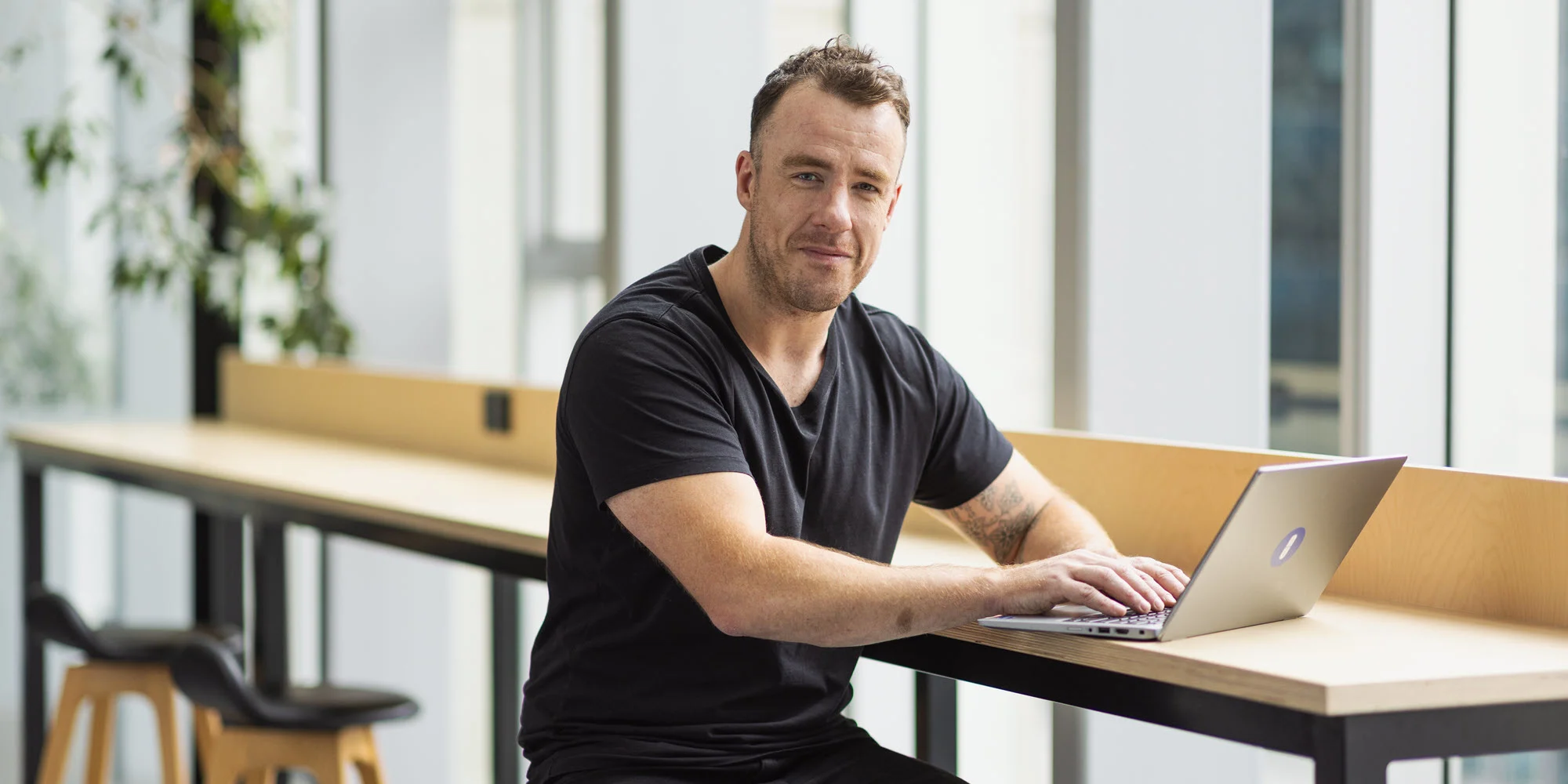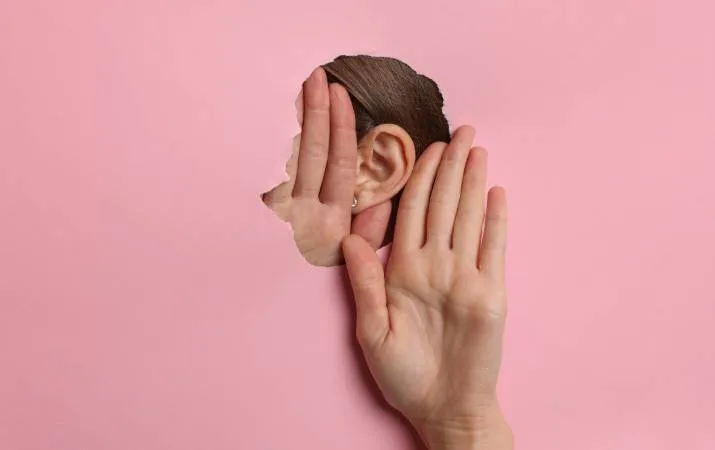How to become a life scientist
Observe the substance, function and interactions of living organisms and their environments.
What does a life scientist do?
Life scientists study the substance, function and interactions of living organisms and their environments. They conduct experiments and studies based on research objectives. They should have scientific knowledge and strong attention to detail as well as strong analytical abilities to interpret data.
Duties and tasks
Analyse information gathered from labs, research, observation or studies and manage progress and actions to be taken.
Conduct experiments on the chemical configurations of cells, organs and tissue.
Design research projects and experiments to test theories or advance information on a particular subject.
Document lab, research and observational findings into database systems, lab reports, scientific papers and theoretical reports.
Examine the structure and functions of organs and bodily processes and tissue through dissections and microscopic analysis.
Explore the interactions of living organisms with their environments and analyse the effects of changed environmental conditions on species.
Observe and analyse micro-organisms as they relate to humans, animals and plant species to identify adverse causes and create beneficial functions for them.
Professional bodies
Related jobs
Anatomist
Biological scientist
Biomedical engineer
Botanist
Geneticist
Immunologist
Marine biologist
Marine scientist
Microbiologist
Discover related degrees
Bachelor of Biomedical Sciences
UndergraduateUSQ-BMS-DEG
Lab techniques, skills, and ethics for investigating human health
Explore biomedical concepts, literature, and equipment. You’ll cover anatomy, physiology, pathology, biochemistry, biology, and more. Get the fundamentals of statistics. Graduate and unlock careers in medical research and laboratories.
- Study method
- Online & on-campus
- Duration
- 3 years full time or part time equivalent
UndergraduateSCU-MAR-DEG
Manage and protect the underwater world
Start with earth science fundamentals, then deep dive into oceanography, marine ecology, fish and aquaculture, reefs, fisheries and marine parks management. Work towards a career in marine science and management, conservation, or restoration.
- Study method
- Online & on-campus
- Duration
- 3 years full time or part time equivalent
UndergraduateSCU-SCI-DIP
A pathway to the lab or further science studies
An online science course with specialisations in forestry, marine, or Earth and environmental systems. You’ll explore chemistry, physics, biology and geology. Think about the role science plays solving big issues like climate change and pollution.
- Study method
- Online & on-campus
- Duration
- 1 year full time or part time equivalent
Bachelor of Science (Environment)
UndergraduateSCU-EES-DEG
Study the environment to protect and manage it
Start with earth science fundamentals, then dig deeper into ecology, ecosystem regeneration, biogeochemistry, modelling and resource management. Think about conservation and protection. Strive for a career in parks, environment, or research.
- Study method
- Online & on-campus
- Duration
- 3 years full time or part time equivalent
Discover related subjects
UndergraduateTAS-KPZ006
- Study method
- 100% online
- Entry requirements
- No ATAR required. Start with a subject.
- Start dates
- Starts 23 Feb 2026, 6 Jul 2026, 2 Nov 2026
Enrolments open until 26 Feb
UndergraduateLTU-HBS1HBB
- Study method
- 100% online
- Start dates
- Starts 1 Jun 2026, 13 Jul 2026, 30 Nov 2026
UndergraduateLTU-HBS1HBA
- Study method
- 100% online
- Start dates
- Starts 2 Mar 2026
Next enrolment closes 22 Feb
UndergraduateTAS-KRA161
- Study method
- Online & on-campus
- Entry requirements
- No ATAR required. Start with a subject.
- Start dates
- Starts 23 Feb 2026, 6 Jul 2026
Enrolments open until 26 Feb
Need help making study choices for your career?

Need help making study choices for your career?
Our student advisors will turn your aspirations into a clear study path.
They'll help you with:
Choosing and enrolling in the right course for your desired career, including pathway options.
Mapping a study plan that allows you to balance work and home commitments.
Understanding eligibility for funding, including HECS-HELP loans.
Get unbiased advice at no cost today.
Looking for other ways to start the conversation? Contact us
Step up your career with these resources

8 subjects you’ve never heard about (but should have)
Break away from the well-trodden path and find a course as unique as you are. From uncovering your inner palaeontologist, to studying the intricacies of Japanese culture, these eight subjects offer something a little different.

Regional high-schooler takes online uni subjects to jump-start her future
In a small South Australian town miles from any university campus, lives a 17-year old high schooler with a passion for science, a compound microscope, and a dream of working in a lab and discovering something interesting one day.

What are the best jobs for introverts?
Looking for a career where you can spend a lot of time alone, focusing on what you're good at? These roles will let your quiet, reflective qualities shine.

4 science careers you didn't know existed
So you want to be a scientist… From exploring parts of the invisible sky, to fabricating new food flavours, here are some of the more unusual careers in science.